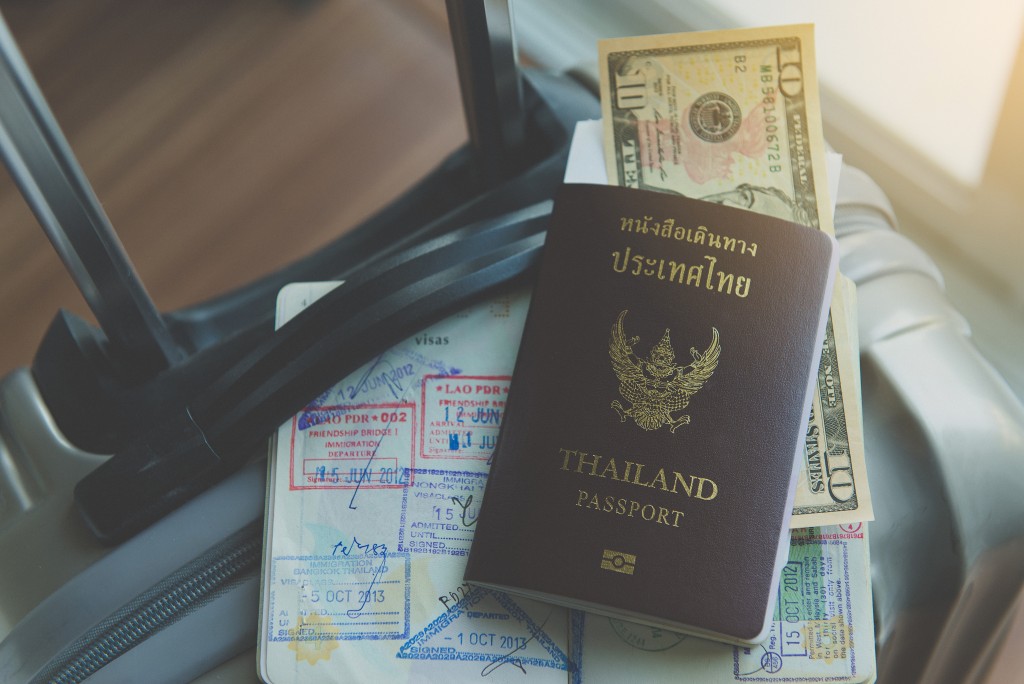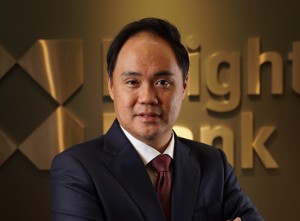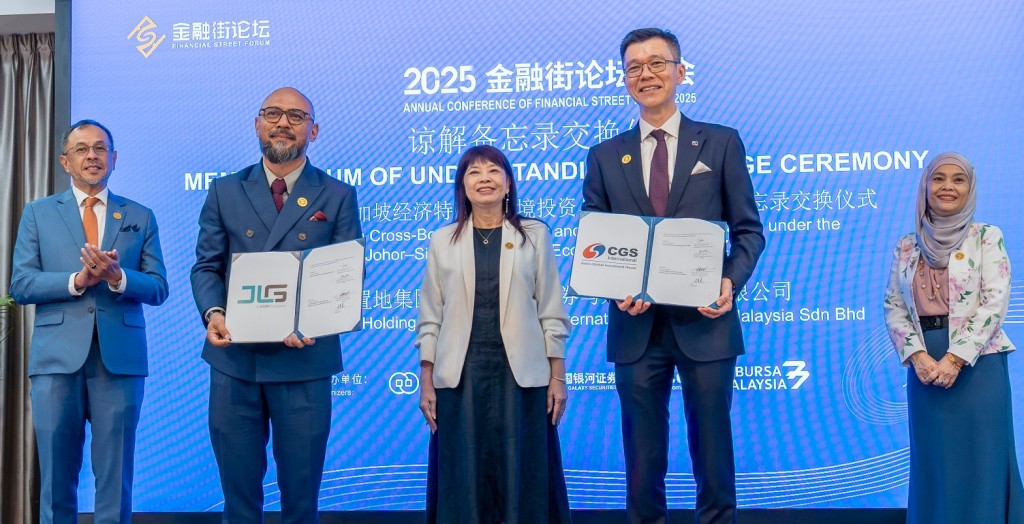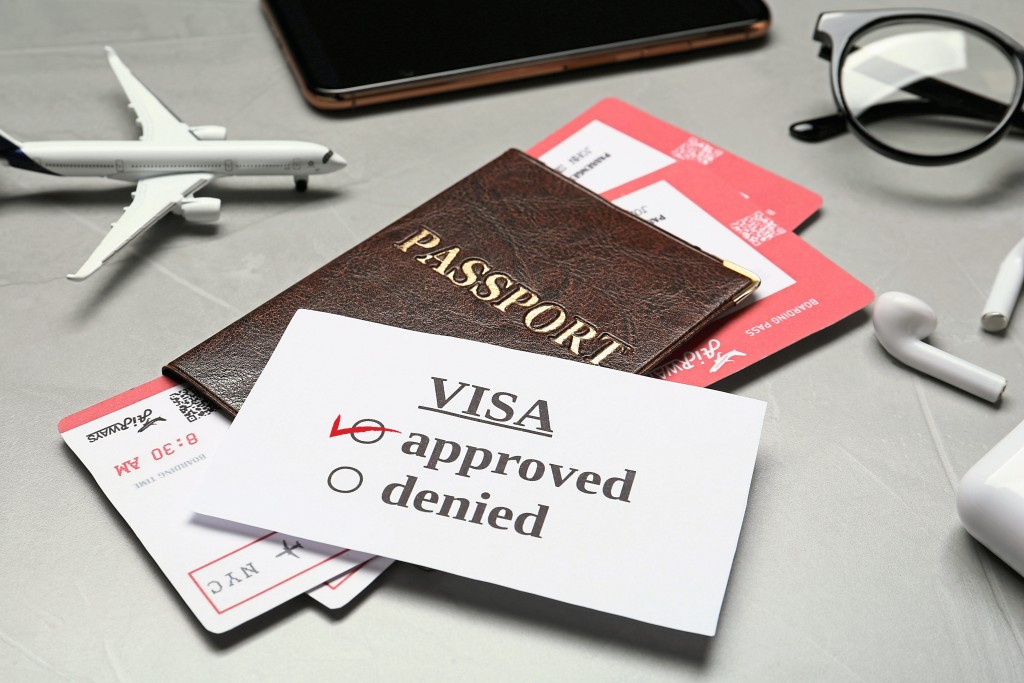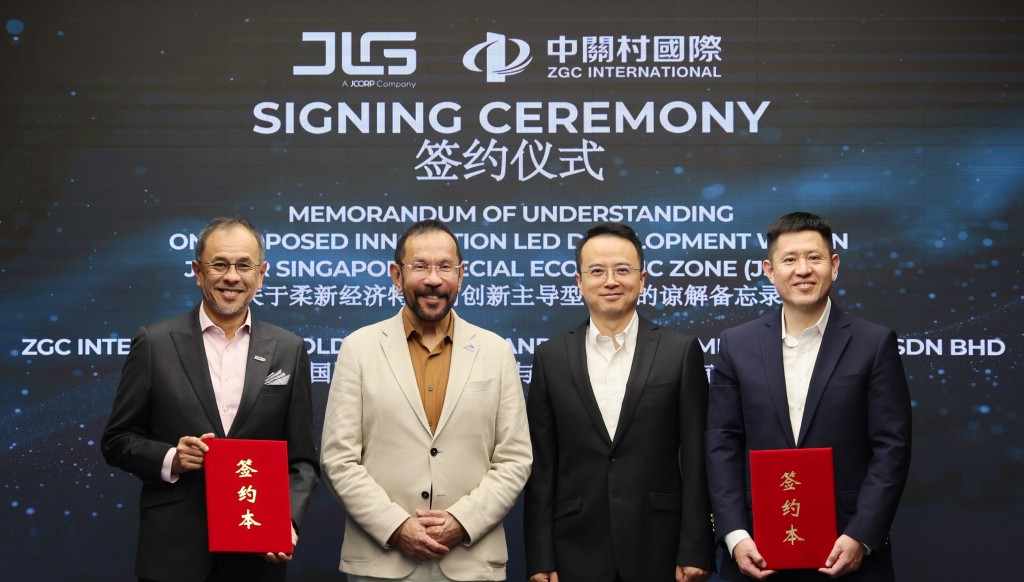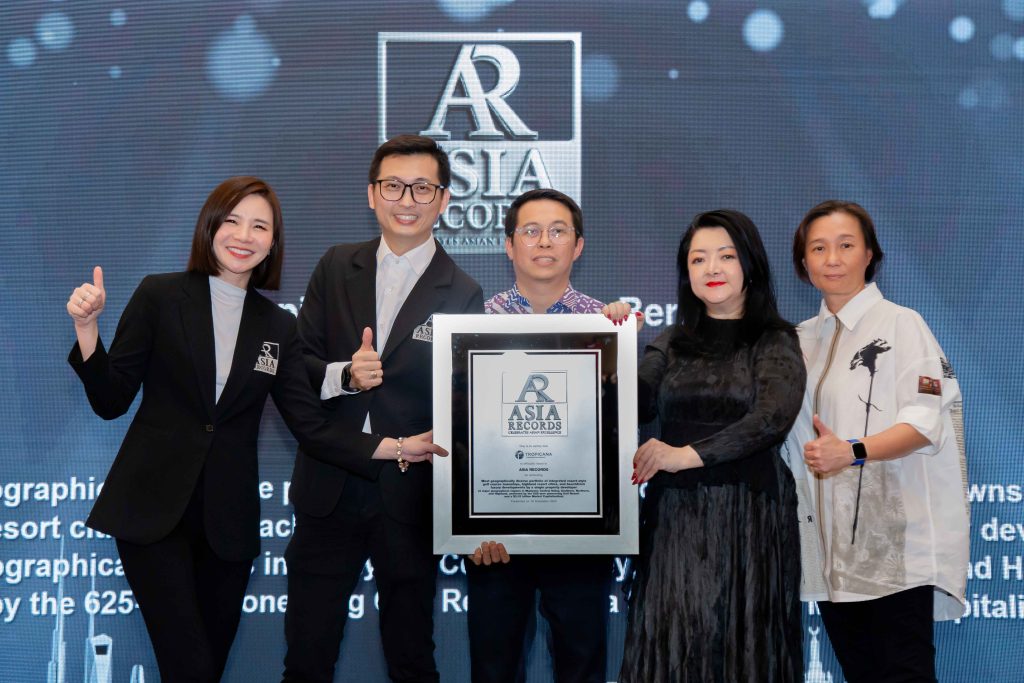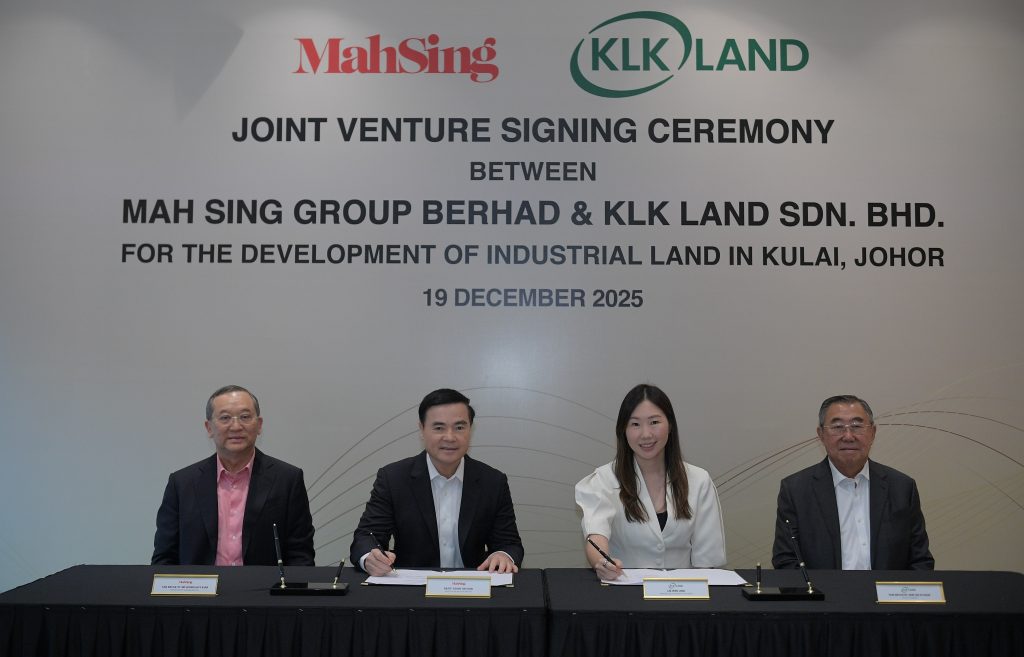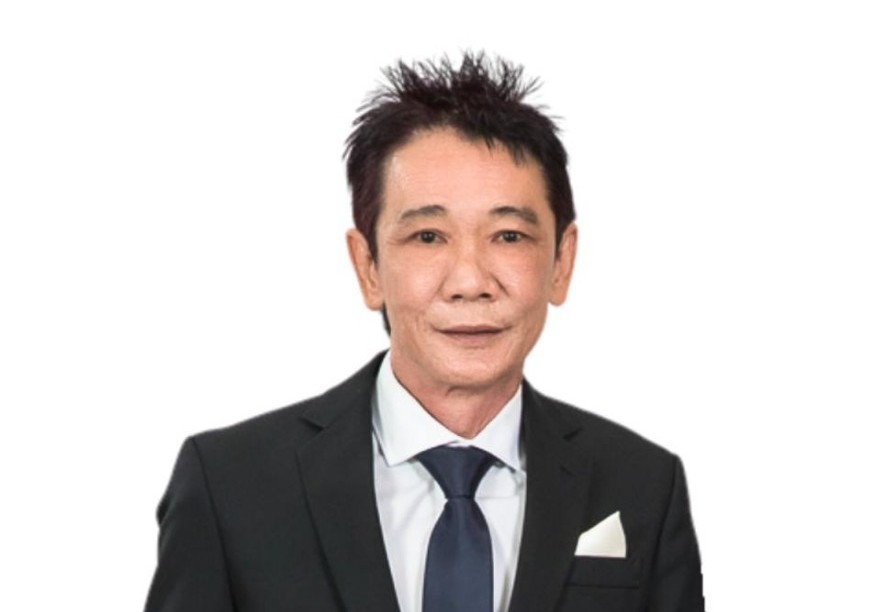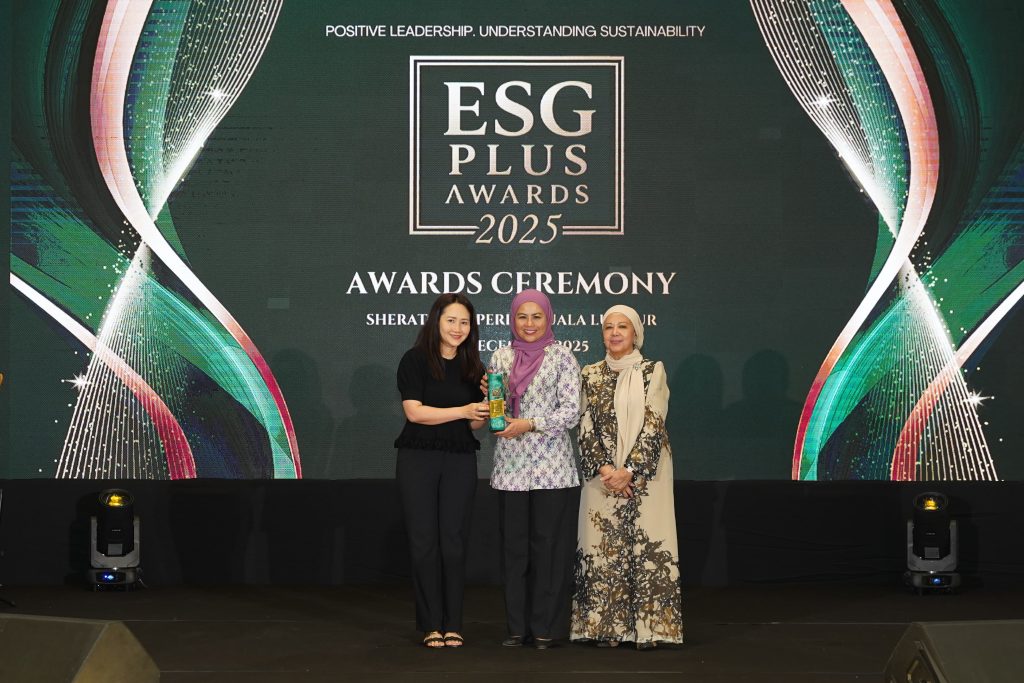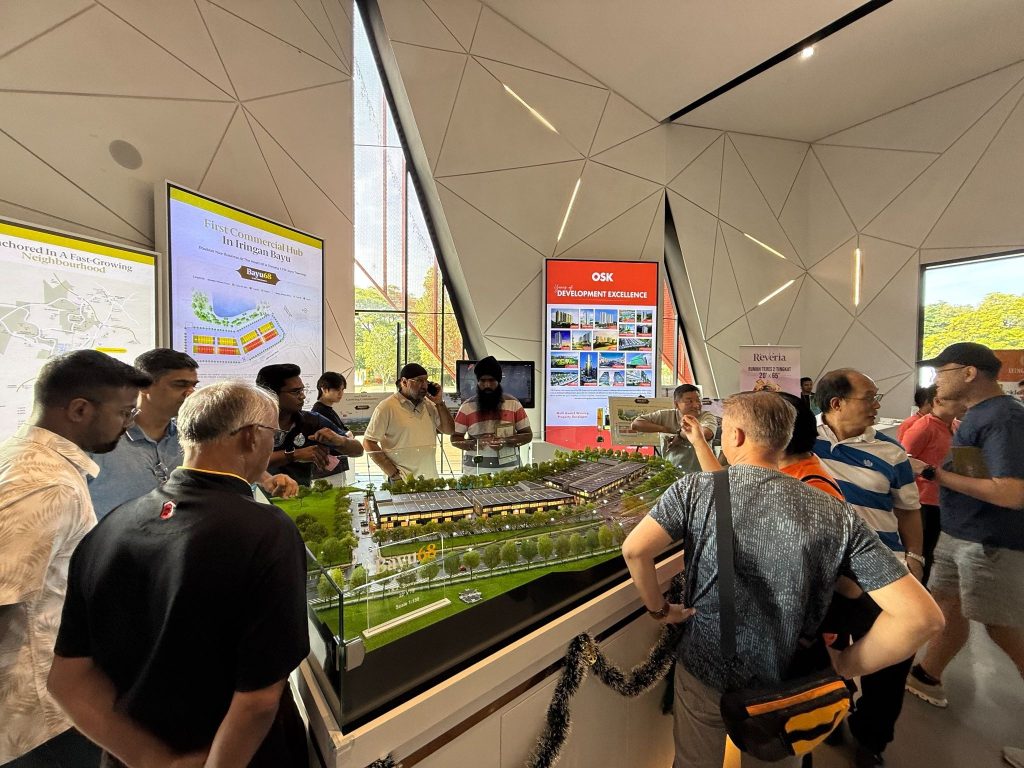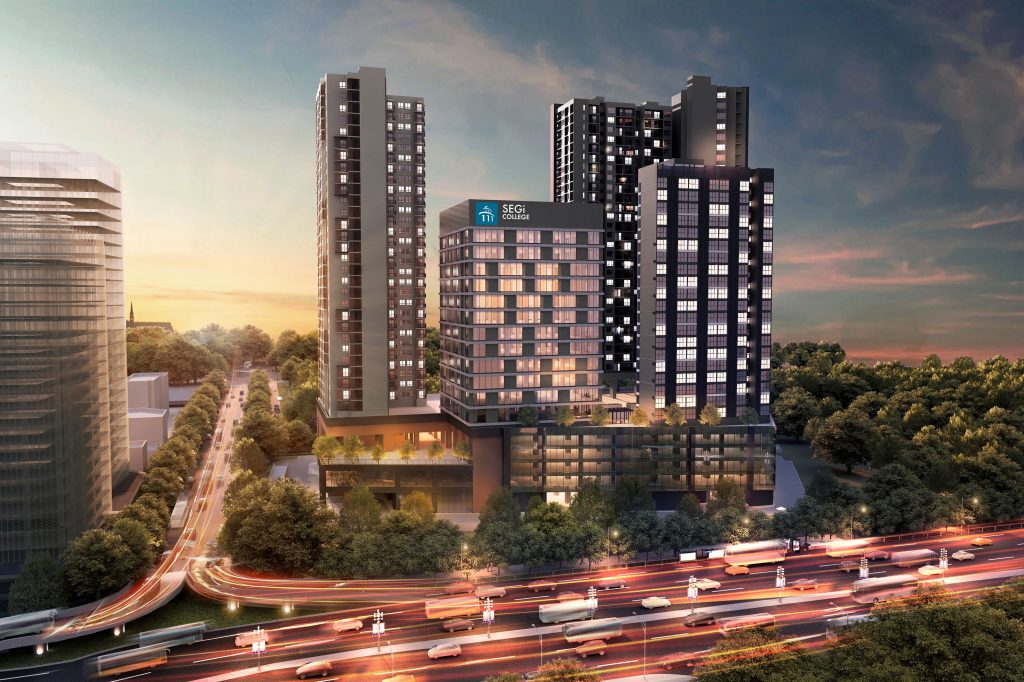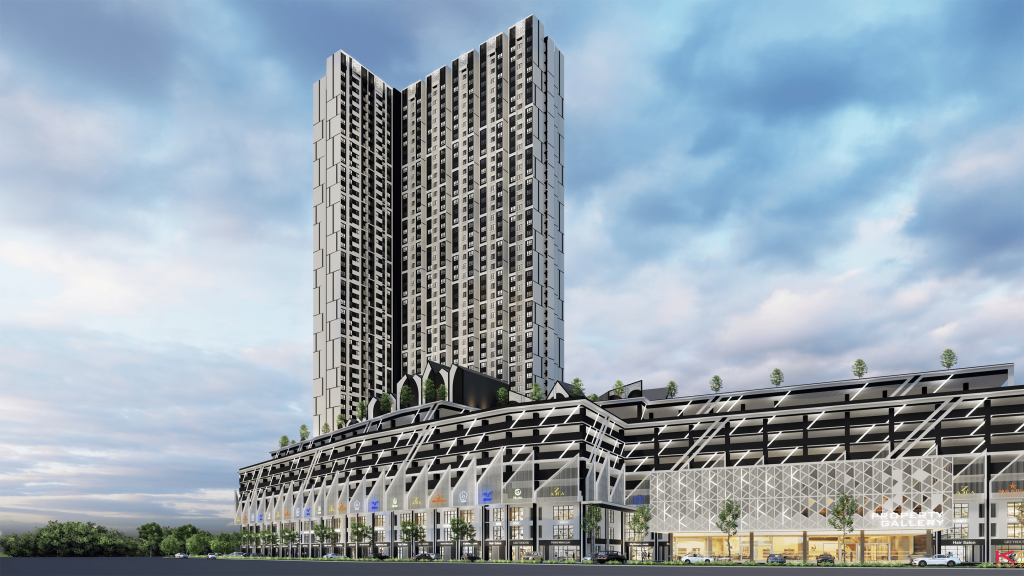Competition from neighbouring countries for wealthy foreigners tests Malaysia’s strengths
By: Yip Wai Fong
The recent revival of MM2H closed a chapter of uncertainty surrounding the popular residency programme for foreigners and put Malaysia back in the race to attract foreigners to our country. Announced in June, the latest MM2H comes in three tiers (silver, gold and platinum) and has requirements that will benefit the local property sector. It also has two special location tiers for those who would consider as their place of residence the state of Sarawak and the Special Economic Zones, widely expected to be in Johor.
The property sector is a direct beneficiary of the revised MM2H as among the chief requirements is that holders must purchase a property from the primary market and hold it for 10 years. If the holder decides to purchase a second property during the period, the purchase must be of a higher price than the first property. The minimum price of the property varies according to the tiers, from RM600,000 for silver, RM1mil (gold) and RM2mil (platinum), while the minimum property prices set for the location-specific tiers follow the respective state’s regulation.
It is also clear that the new programme will be targeting mainly the high net worth individuals (HNWIs), as the main tiers of silver, gold and platinum require applicants to place a fixed deposit of US$150,000 (RM707,834), US$500,000 (RM2.36mil) and US$1mil (RM4.7mil) respectively in the host country, in addition to property purchase. A HNWI is categorised as one with a net worth of at least US$1mil.
Started in 2002 and targeted at retirees at its inception, there are now more than 56,000 MM2H holders as of Jan 31 this year. The new MM2H also has lowered the minimum age of the applicant to 25 for silver, gold and platinum tiers and 21 for the location-specific tiers. Previously, the minimum age was 35.
While the programme has proven to be popular and simultaneously testified to Malaysia being an attractive long-stay destination for foreigners, the country faces increasingly stiff competition for a similar pool of wealthy individuals from other Asean and Asia-Pacific countries. The other highly popular destinations such as Thailand, Singapore and Hong Kong have recently revised their residency by investments programme, as these are known, for foreigners who would park and spend a portion of their wealth in the host country in return for long-term residency for themselves and/or their dependents.
In places such as Singapore and Hong Kong, their programmes require an applicant to invest in local business or locally-listed equity funds, with the express target of attracting top industry talents and investors among the ultra-high net worth individuals (UNHWIs), categorised as individuals with a net worth of at least US$30mil. As Malaysia is continuing with the MM2H after more than two decades, albeit adding some upward adjustment in monies requirement, it would seem that the country is struggling to move up the value chain of attractiveness.
As the global competition for foreigners’ wealth is expected to intensify, it is worth highlighting some of the programmes and the appeals of the countries mentioned to understand where Malaysia stands in the race.
Thailand: Versatile programmes
Thailand’s Elite Residence Programme is similar to the new MM2H but requires less money. Comprises Gold, Platinum and Diamond categories, they require a fee of THB900,000 (RM114,934) for a five-year entry visa (Gold), THB1.5 mil (RM191,542) for a 10-year entry visa (Platinum) and THB2.5 mil (RM319,226) and THB1.5 mil (RM191,542) for each dependent (Diamond). In 2021, a special tier called the Flexible One was introduced, granting a five-year entry visa to a purchaser of Thailand property of at least THB10mil (RM1.27mil). The Flexible One programme also has a low minimum age entry of 20. In 2022, the Bangkok Post reported that the Elite Residence Programme has given more than 20,000 passes since started in 2014.
CBRE WTW Group managing director Tan Ka Leong said that Thailand offers foreigners flexibility with its multiple residency programmes.
“Thailand offers several residency options for HNWIs / UHNWIs, including the Thailand Elite Visa programme. These residency programmes offer flexibility and convenience for UHNWIs seeking to establish a presence in Thailand.
“Meanwhile, Bangkok generally offers a lower cost of living compared to Kuala Lumpur and other major cities in the region such as Singapore and Hong Kong. HNWIs and UHNWIs may find that their wealth stretches further in Bangkok, allowing for a more luxurious lifestyle at a relatively lower cost overall,” he said, adding that Bangkok also has favourable tax systems with reduced personal and corporate tax rates, along with various tax benefits for businesses and investors.
Singapore: Focus on UHNWIs
Unlike Malaysia and Thailand which offer only long-term stay, Singapore’s Global Investor Programme, which started in 2004, offers applicants a five-year permanent residency but for a hefty price.
Up until March 2023, an applicant must invest S$2.5mil (RM8.7mil) in a Singapore business entity, fund or Singapore-based single-family office. An upward revision effective on March 15 last year saw the investment requirement jump to at least S$10mil (RM33.19mil) in a business, S$25mil (RM86.9mil) in an approved fund, and SGD50mil (RM173.7mil) for establishing a family office.
The hike was to ensure that the programme attracts top-tier business owners who are interested in driving the growth of their businesses and investments from Singapore, according to the Singapore Economic Development Board (EDB) which runs the programme. The EDB also lists out the four types of investors targeted with specific criteria – established business owners with a business turnover of S$200mil (RM695mil) per annum, next-generation business owners with a business turnover of at least S$500mil (RM1.7bil) per annum, company founders with a company valuation of at least S$500mil (RM1.7bil), and family office principals with net investable asset of at least S$200mil (RM695mil).
While the number of investors/permanent residents approved under the programme appeared to be low, amounting to 200 in 2022 as reported by Straits Times, Tan said cities such as Singapore and Hong Kong are highly attractive destinations for the wealthy due to their status as global financial centres.
“Singapore and Hong Kong are established global financial centres known for their stability, transparency, and efficiency. They offer UHNWIs access to international markets and investment opportunities,” he said.
Hong Kong: Competing with Singapore
Hong Kong introduced the Capital Investment Entrant Scheme in March this year for applicants who would invest at least HK$30mil (RM18.1mil) in approved assets, in exchange for residency up to seven years, after which one can apply for permanent residency. Unlike Singapore, which allows investment only in businesses and funds, Hong Kong allows for the purchase of non-residential properties with a minimum price of HK$13mil (RM7.8mil)
Hong Kong’s less stringent requirements and lower cost make it a direct competitor of Singapore, as both also share a similarly robust status as financial centres.
According to Knight Frank Malaysia group managing director Keith Ooi, both cities offer attractive incentives and infrastructure to cater to the needs of high-net-worth individuals, fostering a dynamic and competitive environment. However, Hong Kong’s strategic location, advanced financial infrastructure, and favourable regulatory environment have made it an important city for the Asian market.
“Asian buyers and investors, particularly from Taiwan, Hong Kong, and Singapore, wield significant influence in markets like Japan, compensating for lower activity from Western investors. This underscores the importance of the Asian capital in driving wealth management trends.
“(As) the Swiss wealth management industry has faced slower growth compared to rival Asian centres, Hong Kong is expected to surpass Switzerland as the leading centre for cross-border wealth management by 2027, showcasing the region's increasing prominence in global wealth management,” Ooi said.
Malaysia: What appeals?
Both Tan and Ooi agreed that Malaysia offers several strengths when it comes to attracting wealthy global citizens, such as a stable economy, strategic location in Southeast Asia, a highly developed capital city as well as investment opportunities.
“Malaysia’s strategic location in the centre of Asean countries, surrounded by emerging economies like Singapore, Thailand and Indonesia, positions it as a gateway to the region’s expanding market. Furthermore, the country's business and investment-friendly policies foster confidence in the business sector and encourage long-term investments, especially from UHNWI and HNWI investors. Its sustained economic growth and modern infrastructure also provide diverse investment opportunities across multiple industries,” Tan explained.
Ooi concurred that Malaysia’s economic growth makes it an attractive destination for investors seeking opportunities.
“Malaysia's robust economic growth, evidenced by a projected 35% increase in wealth from 2023 to 2028, positions it as an attractive destination for affluent individuals seeking investment opportunities and wealth preservation,” he said.
Moving forward, Ooi also opined that Malaysia is showing potential to compete with Singapore’s wealth management sector.
“While Singapore has been successful in attracting emerging wealth from neighbouring countries, Malaysia is also emerging as a significant player in the wealth management landscape. The country's growing wealth sizing model underscores its potential to attract and retain affluent individuals seeking wealth management services,” he said.
For Tan, Malaysia will have to improve certain regulatory regimes to attract more wealthy foreigners.
“Malaysia may need to reconsider its taxation strategies to enhance competitiveness and appeal to HNWIs and UHNWIs. This could involve further reductions in individual and corporate tax rates, introducing specific tax advantages for high-net-worth individuals and streamlining tax compliance processes.” Tan said.
“It could (also) attract more UHNWIs and foreign investors by streamlining bureaucracy, improving regulatory efficiency, and making it easier to do business. Reducing red tape, increasing transparency, and enhancing investor protection would create a more favourable business environment,” he added.

To attract very wealthy foreigners, Malaysia will have to reconsider its taxation strategies and improve its regulatory efficiency and bureaucracy, said Tan.
Stay ahead of the crowd and enjoy fresh insights on real estate, property development, and lifestyle trends when you subscribe to our newsletter and follow us on social media.


